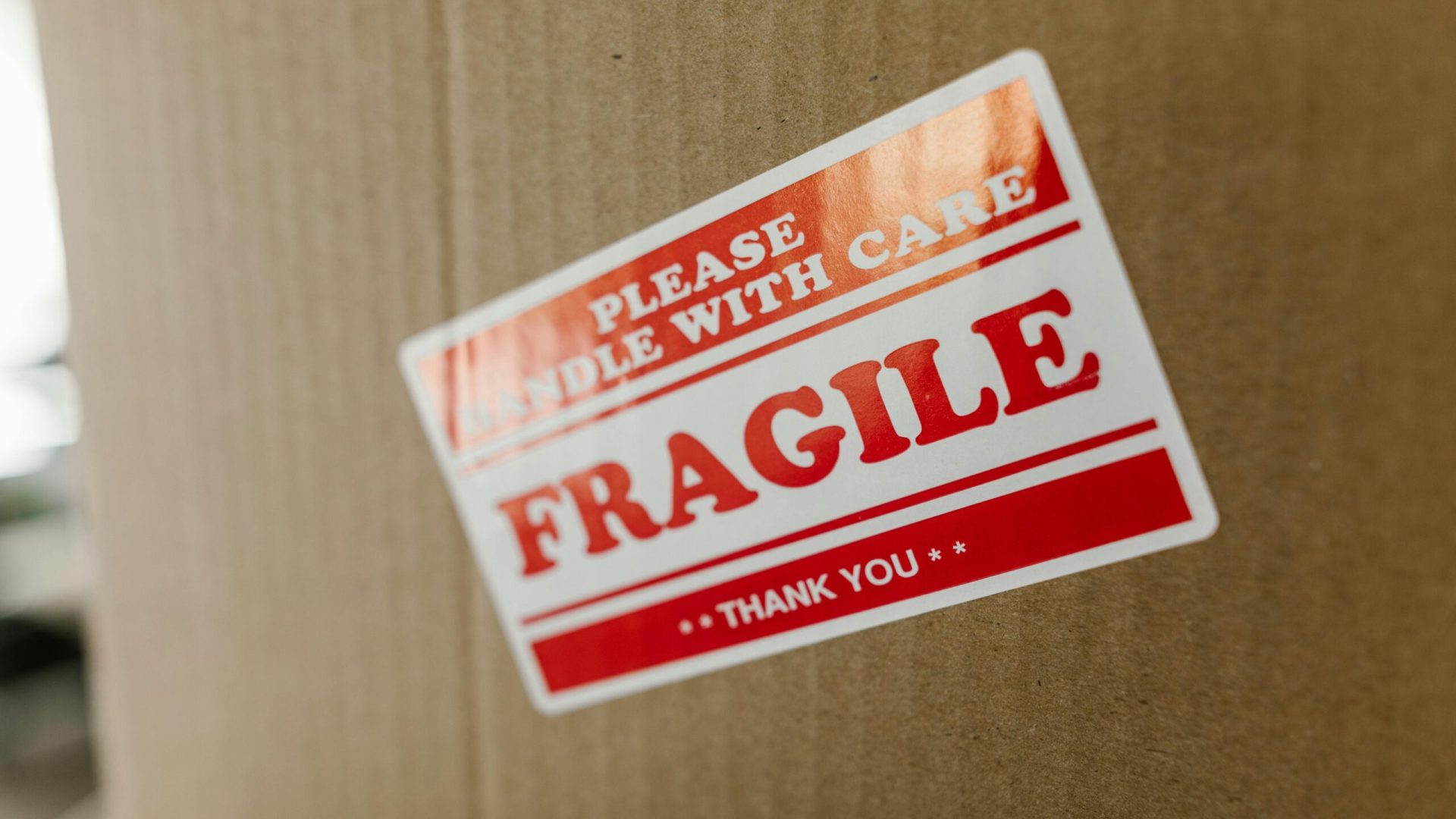
Mastering Last Mile Delivery of Sensitive Cargo with a Transportation Management System (TMS)
Introduction
In logistics, the last mile delivery stage is often the most complex and expensive. For companies handling sensitive cargo—such as pharmaceuticals, medical devices, fragile electronics, or high-value goods—the risks are even higher. A delay, misdelivery, or mishandling can lead to financial losses, safety issues, and damaged client trust.
This is where a Transportation Management System (TMS) becomes essential. By offering real-time tracking, route optimization, and advanced monitoring, a TMS ensures sensitive cargo reaches its final destination safely, securely, and on time.
1. The Challenges of Last Mile Delivery for Sensitive Cargo
The last mile is often the most unpredictable part of the logistics journey. Sensitive cargo faces unique challenges, including:
Mishandling risks: Fragile or delicate items can be damaged during loading or unloading.
Delivery accuracy: Wrong addresses or failed delivery attempts increase costs and customer dissatisfaction.
Environmental risks: Temperature-sensitive cargo like vaccines or perishable goods can spoil if exposed to delays.
Security concerns: High-value cargo is vulnerable to theft or tampering in the final delivery stage.
These risks highlight why last mile delivery must go beyond speed—it must prioritize accuracy, visibility, and security.
2. How a TMS Enhances Last Mile Delivery of Sensitive Cargo
Real-Time Visibility
A transportation management system provides end-to-end visibility across the last mile. Shippers and customers can track sensitive shipments in real time, ensuring transparency and immediate action if disruptions occur.
Route Optimization
By leveraging advanced algorithms, a TMS identifies the fastest, safest, and most cost-effective routes. This minimizes delays caused by traffic, road closures, or weather—critical for time-sensitive and fragile deliveries.
Electronic Proof of Delivery (ePOD)
With digital confirmation, signatures, and timestamped updates, a TMS guarantees that sensitive cargo is delivered accurately to the right recipient. This reduces disputes and strengthens accountability.
Temperature and Condition Monitoring
For pharmaceuticals, chemicals, or perishable goods, TMS platforms can integrate with IoT sensors to monitor temperature, humidity, or vibrations. Alerts are triggered instantly if conditions fall outside safe ranges, protecting sensitive cargo from damage.
Role-Based Access and Security
Sensitive shipments often require controlled access. A TMS enforces role-based permissions, ensuring only authorized personnel handle delicate cargo during last mile delivery.
3. Industries That Depend on Safe Last Mile Delivery
Healthcare & Pharmaceuticals: vaccines, medicines, medical devices.
Electronics & High-Tech: fragile gadgets, precision equipment, semiconductors.
Oil & Gas: hazardous or delicate instruments and safety equipment.
Food & Beverage: perishable and temperature-sensitive goods.
4. Benefits of Using TMS for Last Mile Sensitive Cargo Delivery
Improved delivery accuracy with GPS tracking and ePOD.
Enhanced cargo protection through real-time condition monitoring.
Reduced operational costs with route optimization.
Stronger customer trust through transparency and reliability.
Compliance with industry-specific safety and regulatory standards.
Conclusion
The last mile of logistics is where reputations are built—or broken. For companies handling sensitive cargo delivery, relying on manual processes is no longer enough. A Transportation Management System (TMS) ensures every shipment is delivered safely, securely, and accurately—from fragile electronics to temperature-sensitive medicines.
With real-time visibility, smart routing, ePOD, and cargo monitoring, TMS technology transforms last mile delivery from a high-risk challenge into a competitive advantage. In today’s world, where last mile logistics determines customer trust, investing in TMS is the smartest way to safeguard both your cargo and your brand.



